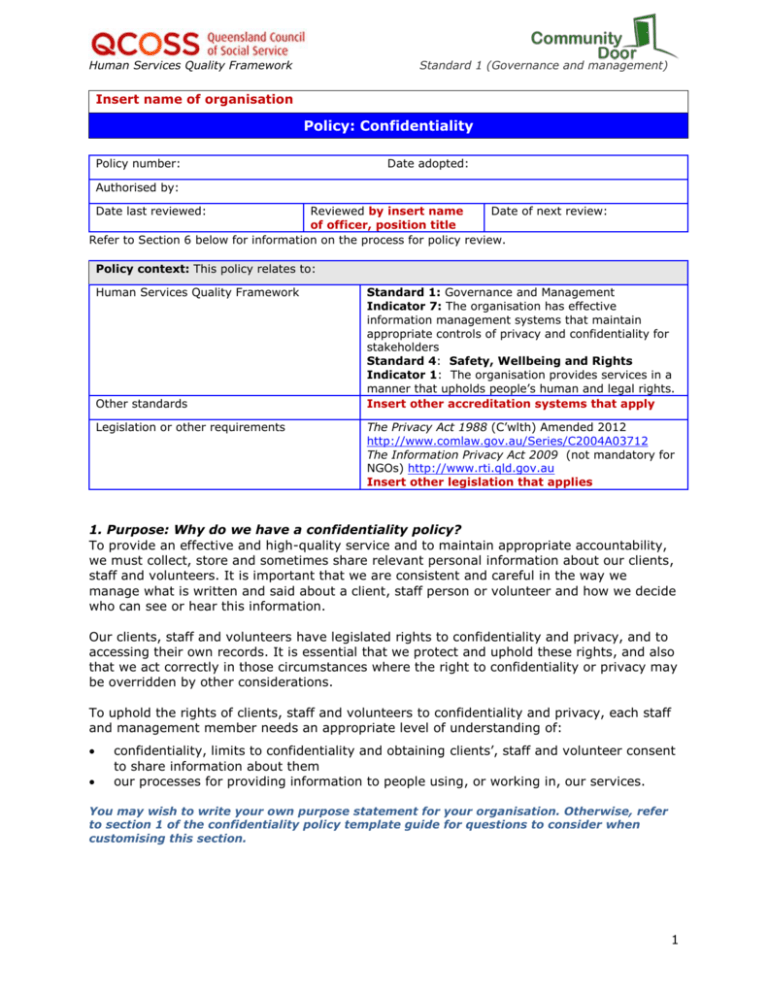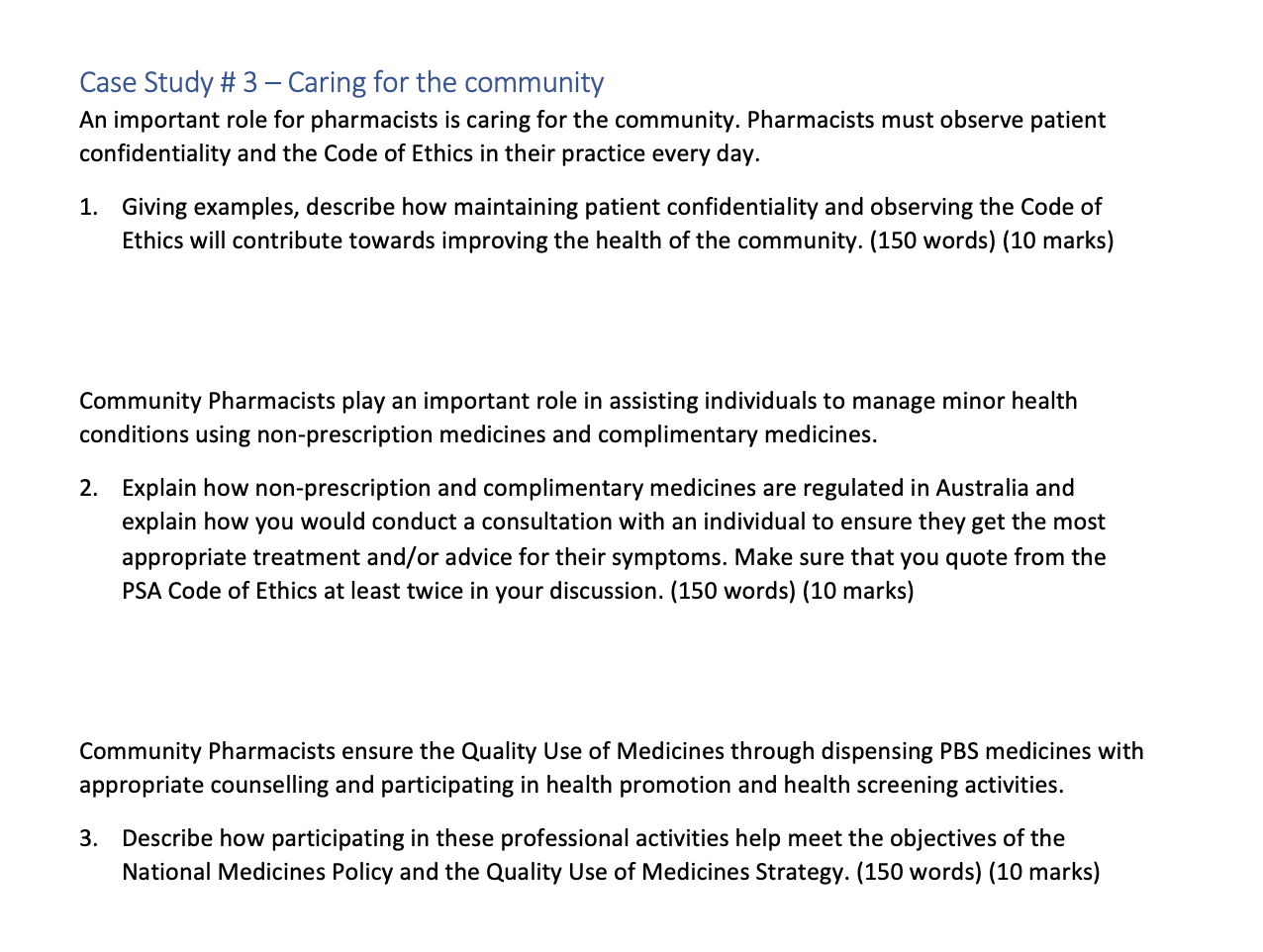Maintaining client confidentiality is an essential aspect of providing professional services, whether it be in the field of healthcare, law, or even consulting. This practice involves preserving the privacy of a client's personal and sensitive information, and ensuring that it is not shared with anyone outside of the professional relationship. There are several reasons why maintaining client confidentiality is so important.
First and foremost, maintaining client confidentiality is crucial for building trust between a professional and their client. When a client seeks out a professional for help, they are often divulging intimate and sensitive details about their lives. This can include information about their mental and physical health, their financial situation, and even their personal relationships. It is essential for a professional to be able to assure their clients that this information will be kept private and will not be shared without their consent. This can foster a sense of trust and security, which is essential for the professional-client relationship.
Another reason why maintaining client confidentiality is important is that it helps to protect the client's reputation. In today's digital age, it is all too easy for personal information to be shared and spread online, potentially leading to negative consequences for the individual. By maintaining confidentiality, professionals can ensure that their clients' personal information remains private, helping to safeguard their reputation and prevent any potential damage to their reputation or career.
Maintaining client confidentiality is also crucial for upholding ethical standards in the professional world. Many professional organizations have codes of conduct that outline the importance of confidentiality and mandate that professionals must protect the privacy of their clients. Failing to maintain confidentiality can not only damage the professional-client relationship, but it can also lead to serious consequences for the professional, including loss of licensing, fines, and even legal action.
Finally, maintaining client confidentiality is essential for ensuring that clients feel comfortable seeking out professional help. If clients do not believe that their personal information will be kept private, they may be less likely to seek out the help they need, which can have serious negative consequences for their well-being. By upholding confidentiality, professionals can help to create a safe and supportive environment for their clients, encouraging them to seek out the help they need without fear of judgment or consequences.
In conclusion, maintaining client confidentiality is an essential aspect of providing professional services. It helps to build trust, protect the client's reputation, uphold ethical standards, and create a safe and supportive environment for clients. It is crucial for professionals to prioritize confidentiality in order to provide the best possible care for their clients.





/cloudfront-us-east-1.images.arcpublishing.com/tgam/ECX5THHYDFFFFMHVJAGZOPY2VQ)



